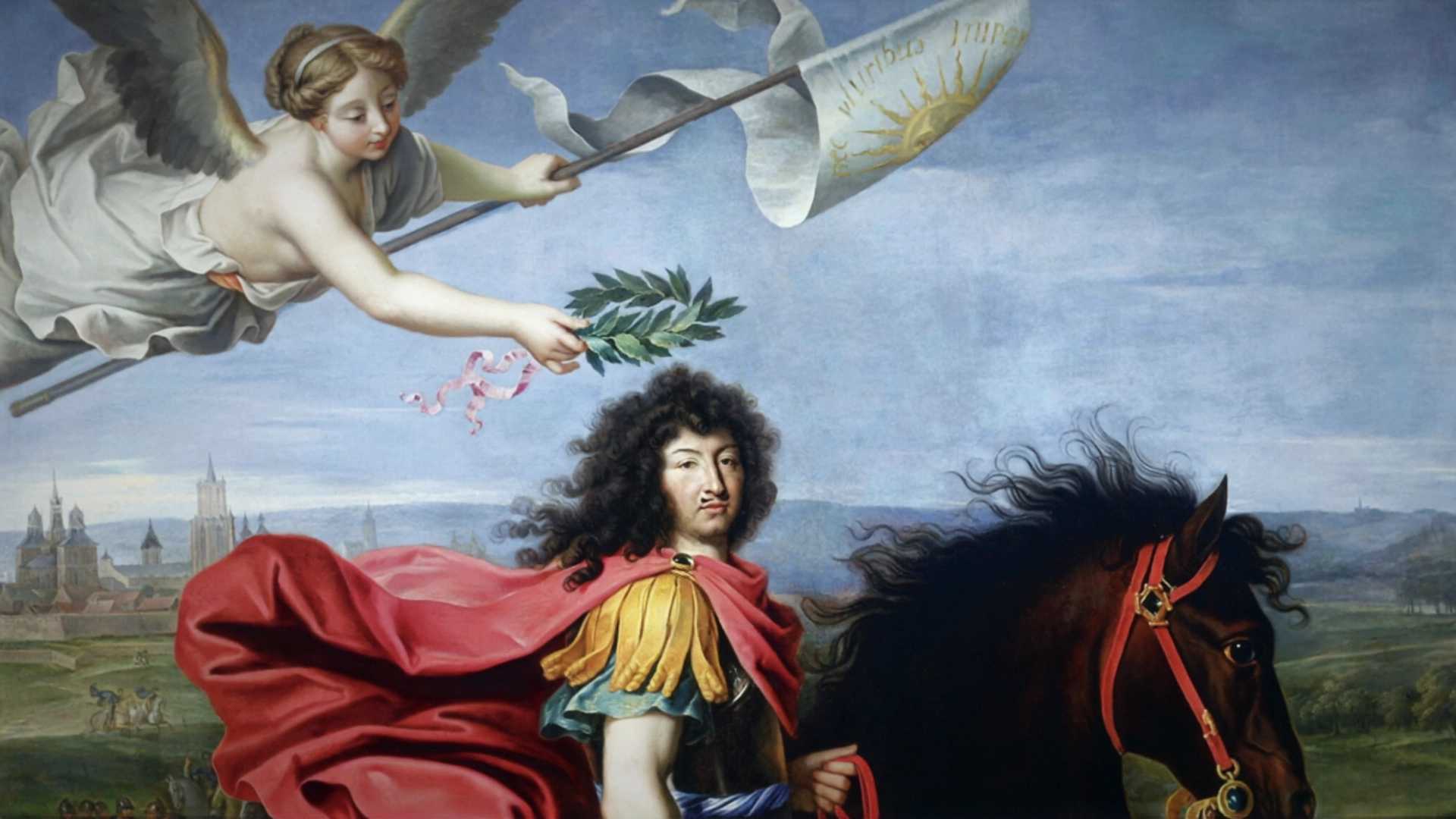Frühe Neuzeit | Absolutismus
Rulership and State-Building in the 17th Century
The Treaty of Westphalia in 1648 ends the Thirty Years’ War, yet religion and rulership remain inseparable. Protestant and Catholic princes see their rule as a divine mandate. After the war, for many, there is only one goal: to rebuild their war-torn nations. They stimulate the economy, invest in education, promote scientists and artists. All of which likewise serves their purpose of self-aggrandizement. No one masters this art as expertly as King Louis XIV of France. Power-conscious, he portrays himself as absolute ruler by the grace of God, from whom all political decisions radiate. The famous Palace of Versailles becomes the baroque stage for his centralist state policy.
mehr
Schlagworte anzeigen
Geeignet für die Fächer:
Geschichte

